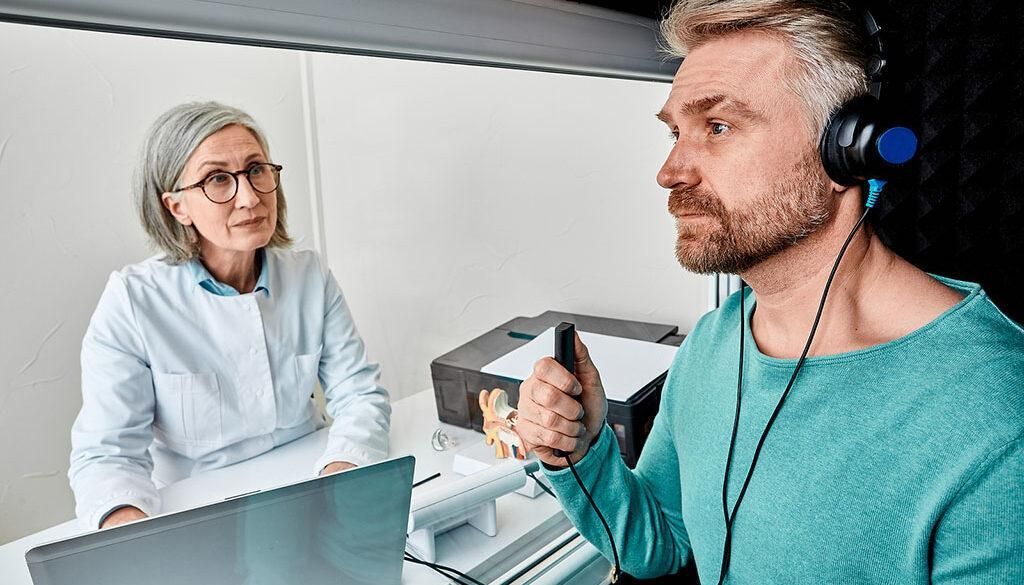Winter Hearing Care: Enjoy the Season Without Compromising Your Hearing
Winter is a magical season filled with crisp air, snowy landscapes, and joyful celebrations. However, the colder months can bring unique challenges to our hearing health. In this blog, we'll delve deeper into the ways you can ensure that your hearing remains in top shape throughout the winter season.
Protect Against Cold Air
Cold, dry air can be harsh on your ears and may lead to discomfort or even ear infections. To combat this, wearing a warm hat that covers your ears is a simple yet effective way to protect them from the cold. Not only will this keep you warm, but it will also safeguard your ears from the chill.
Moisturise Your Ears
The low humidity of winter can cause the skin inside your ears to become dry and itchy. Avoid inserting anything into your ear canal, but do use a hypoallergenic moisturiser on the outer part of your ears to relieve any discomfort. This simple step can help maintain the moisture balance.
Ear Protection for Winter Sports
If you're a winter sports enthusiast, you'll want to take extra precautions. Snowy activities like skiing and snowboarding expose your ears to cold air and wind, which can be harmful. Invest in specialised earplugs designed for winter sports to maintain a comfortable ear temperature and protect your hearing.
Maintain a Healthy Lifestyle
Your overall health plays a crucial role in your hearing well-being. Staying hydrated and consuming a diet rich in essential vitamins and minerals can support your auditory system. Proper hydration helps maintain the moisture balance in your ears, while nutrients contribute to overall ear health.
Care for Your Hearing Aids
If you're a hearing aid user, remember that your devices need special attention during the winter months. Cold weather can drain battery life, so always carry spare batteries unless they are rechargeable. Additionally, protect your hearing aids from moisture and extreme cold when they're not in use.
Seek Professional Guidance
If you encounter any discomfort or hearing issues during the winter season, don't hesitate to consult with an Audiologist or healthcare professional. They can provide expert guidance and address any concerns to ensure your hearing remains in the best possible condition. Here at Ealing Hearing Centre we would love to help you.
In conclusion, winter is a time for celebration and enjoyment, and with these tips, you can embrace the season without compromising your hearing health. By taking care of your ears and being mindful of the unique challenges winter brings, you can fully savour all the beauty and festivities this time of year has to offer. Get in touch for more information.



